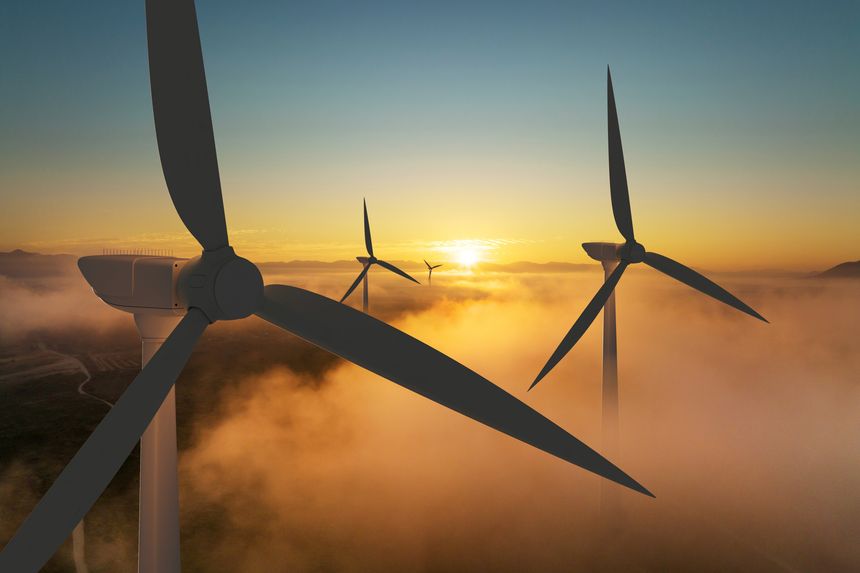The relentless demand of artificial intelligence is fundamentally restructuring the energy industry.
The term “energy transition” inadequately captures the current shift. This is a profound, necessary pivot toward sustainable, high-density power solutions that deliver certainty and speed above all else. Global capital recognizes that the winners in the AI race are those who can physically power the next wave of compute, irrespective of political or regulatory friction.
Investment is surging into proven, scalable clean energy infrastructure, even in the face of headwinds like inflation and supply chain pain. This conviction is underscored by colossal deals in sectors with high deployment certainty.
Numerous examples are emerging, including the $6.5 billion sale of a 50% stake in Ørsted’s Hornsea 3, the world's largest offshore wind farm, to Apollo Global Management, Inc. This transaction further demonstrates that large-scale renewables remain a resilient asset class for investors seeking reliable returns tied to rising power demand. Just last week, China announced it completed the first phase of the world’s first wind-power underwater data center.
This pursuit of scale also drives major industrial decarbonization projects. Hyundai, for instance, is developing a $5.8 billion hydrogen-powered green-steel mill equipped with carbon capture in Louisiana. This commitment to produce 2.7 million tons annually illustrates that industrial capital is driven by conviction, even when tax credits are rolled back.
The true marker of this new era is the imperative for density-maximizing power output from the smallest possible footprint. Data centers are no longer quiet tech facilities; they are energy-equivalent manufacturing plants that demand hundreds of megawatts (and more) immediately.
The convergence of storage and generation is critical. This past week, The Heineken Company announced its partnership with Rondo Energy to deploy a 100 MWh heat-battery project, expected to provide continuous, renewable steam to the company’s Portuguese operations.
The next industrial cycle is forming beneath the surface, powered by builders who are not waiting for consensus. The winners will be those who secure high-density, low-carbon power early and close to the load.


/Passle/678abaae4818a4de3a652a62/SearchServiceImages/2026-02-13-21-46-31-329-698f9bb78f0cdb1aeca2030e.jpg)
/Passle/678abaae4818a4de3a652a62/SearchServiceImages/2026-02-20-22-58-58-511-6998e7329e22a2a4c3b9e50e.jpg)
/Passle/678abaae4818a4de3a652a62/SearchServiceImages/2026-02-20-22-54-01-636-6998e609ce035ff86e64da97.jpg)
/Passle/678abaae4818a4de3a652a62/SearchServiceImages/2026-02-20-15-53-10-707-69988366951558a8433707f3.jpg)